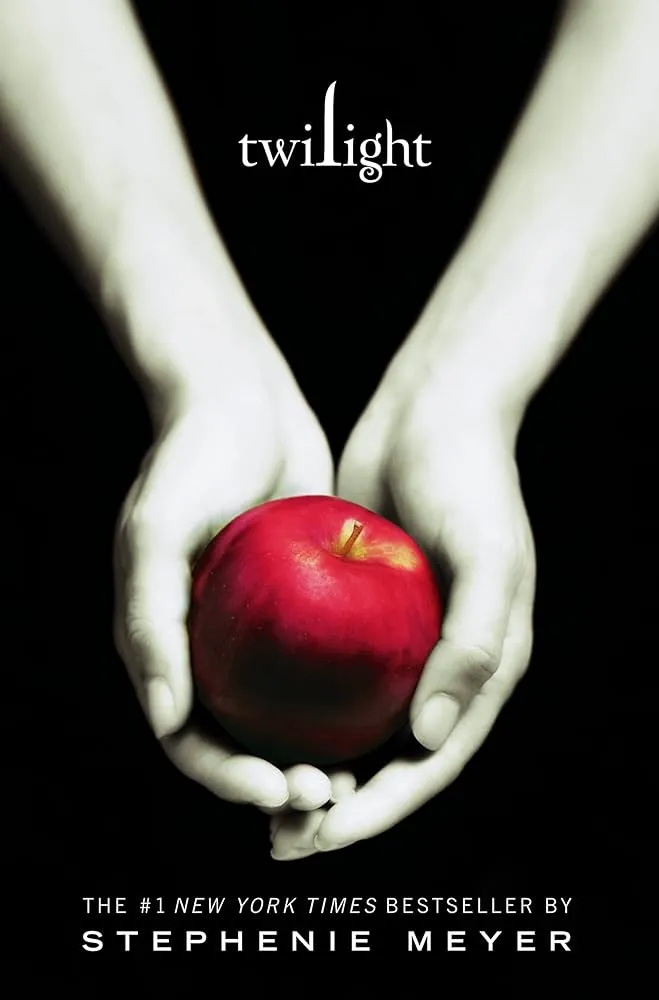I've never written fan fiction before. And before this last week, I didn't know anything about Twilight other than Team Edward and Team Jacob from a film hype campaign over 15 yrs ago.
Yet, here I am, halfway through the first draft of my take on the insanely popular Twilight universe.
Why?
Because over the last five years of writing and publishing (mostly) fiction, I've learned the hard way: new and unique stories are hard to sell.
In 2025, there's so much noise, AI slop, and poor quality content out there that consumers are reluctant to spend their precious time or money on new ideas.
Current algorithms reinforce this.
They routinely serve up seconds and thirds of theatrical remakes, reboots, spinoffs, or nostalgic hits over the novel stories.
And that sucks.
Without a famous IP to link to, audiences are likely to ignore (or worse) never see new stories.
Inspiration
In a recent podcast aimed at indie authors, a guest used the analogy of a cover-band.
Cover bands primarily play known hits, and occasionally when the vibe is right and the audience is warm, they slip in a signature riff or song. In fact this is very common in the music world. New acts get exposure before the headliner hits the stage. If the rookie is good enough, eventually they can claim a stage of their own.
Upon hearing this, I thought "what's the equivalent of this in the writing world?"
You'd be surprised at the answer. Because at first I thought there was none.
Then, after a little more consideration I found a few examples:
- Ghostwriting - write for others for a while, then break out on your own
- Classic freelance writing - be a pen for hire, then break out
And finally,
Writing fan fiction.
I've done the first two. So I figured I'd try the third.
Problem is, writing is often done in the background. It just doesn't have the same effect as opening for an already established act in music.
But, if constructed properly, I could write the fan fiction in a way that not only is true to the canon of the source material, but connects to the themes, ideas, and style in my own writing.
That's the plan.
So why Twilight?
The whole point is piggyback off of IPs that are in, or are, relevant to the current cultural landscape.
All five Twilight movies are returning to theaters in October 2025 for the (hard to believe) 20th anniversary of the book release. It was the first IP I noticed was trending on X when I started this project. That's why I chose it.
Reading the book
I'm three chapters into the first Twilight book now. And I have to say, it's a solid read.
Bella's voice is distinct because she doesn't rely on a lot of dialogue to describe how she feels. The majority of the prose is her internal commentary about the world around her. This is a very teenage (OMG the world-revolves-around-me) perspective I've written in before, and it's well done here.
Second reason I like it, is the book shows its age in good ways. Twenty years on, the world of Twilight– while fantasy– feels like a historical era in 2025.
Bella has a dial-up modem, checks her email, references fashion magazines; there are no smartphones, teachers use overhead projectors to teach lessons, there's little mention of the internet– it's a time capsule of early 2000s life, and as a man of a certain age, eh hem, I love it.
Plus the writing, unlike today's smut-obsessed, speedy prose, feels fleshed out, if not at times a bit repetitive.
Bella's teenage angst and awkwardness cascades down the page, as looks from strangers and (of course) Edward turn into lines and lines of emotional pinging around her skull. I now understand why the book became so popular. The immersion into the mind of an outsider teenager (tale as old as time), is complete and thorough.
It's been an excellent read. And has given me more than enough ideas to stay true to the world of Twilight, while adding my own spin.

